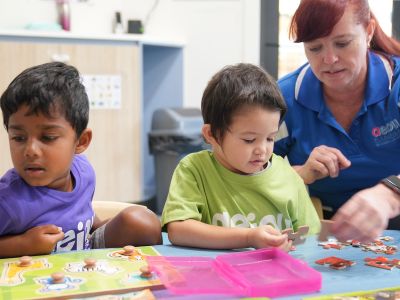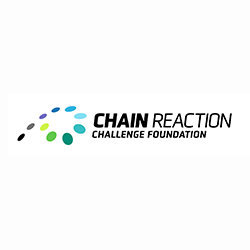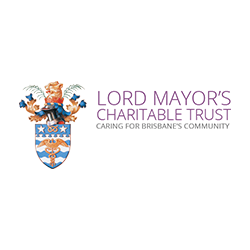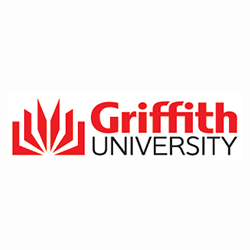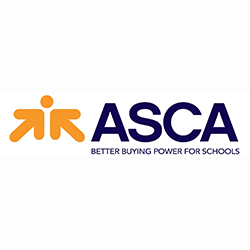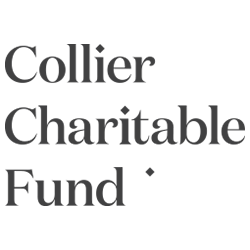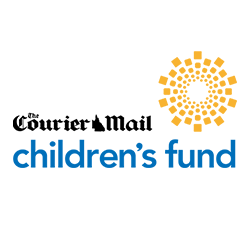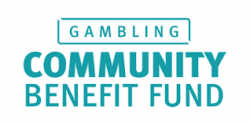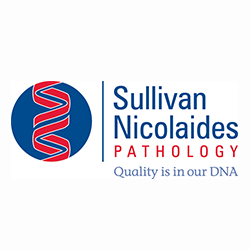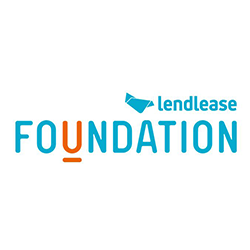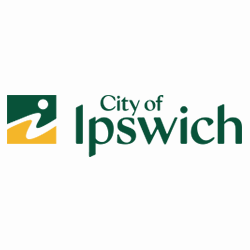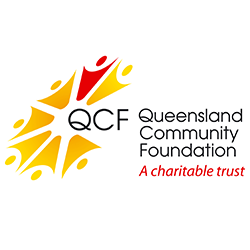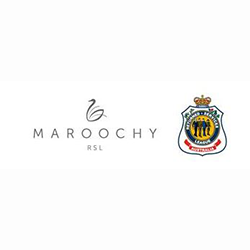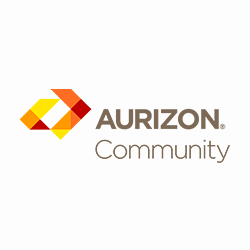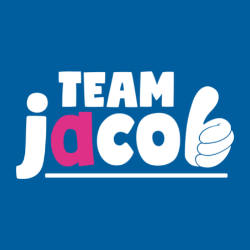
Many people ask, “Why is so much ‘obvious’ research done? Don’t we know the answers by now?” The answer simply is: “No, there is still a lot we do not know”. For example, we still do not have a good understanding of what specific intervention will work best for each individual child, or why two children who seem the same at a young age may have very different educational outcomes.
Research helps to provide information on how we can best assist and support you and your children.
There are lots of ways researchers study ASD, including looking at genes or how the brain functions; investigating how social skills, communication and behaviour develop compared with other children; and developing better educational and behavioural interventions for individuals on the spectrum. By doing this research, we increase our scientific knowledge in the ASD field.
Research helps us to reflect on our service and improve what we do, to better meet child and family needs. Research also allows us to add to the understanding of ASD and early intervention and share this knowledge to have a broader impact on individuals with ASD and their families. In addition, conducting research and evaluations is an essential element of best practice in early intervention (Prior & Roberts, 2012) and is linked to our federal funding for our Nathan centre. Research into our effectiveness provides a solid basis for advocating to both state and federal governments to access funding, as well as to private benefactors to support fundraising applications.
Who is involved in AEIOU research?
Everyone! Research at AEIOU may involve children, families, staff, and other stakeholders. The AEIOU Research and Assessment Team assists in organising and conducting assessments with children across Brisbane to inform an evaluation of outcomes. The Autism Research and Innovation Committee (ARIC) meets monthly and acts as the gatekeepers for research both internally and external to AEIOU.
ARIC has decided on new research priority areas for future research conducted at AEIOU. This means that when we examine research applications that come to AEIOU, they will be evaluated as to whether they fit into the identified priorities and also, when we apply for funding, we will be ensuring that it fits within the following priority areas:
- Evaluation of the AEIOU curriculum
- Transition to school topics: Understanding specific child and family issues (including cultural matters) related to aiding children to have the best outcomes when they transition from AEIOU and for AEIOU to deliver more informed early intervention services.
- School readiness issues: Identifying critical skills that are needed for children when they transition to school.
- Comparison between delivery programs: Researching how many hours of intervention provide the best outcomes for individual children.
- Systematic evaluation of specific practices occurring at AEIOU.
- Scientific merit.
I hope this helps you to understand how valuable research is at AEIOU. If you ever have any questions or would like to read more about research outcomes, please contact me on (07) 3212 1106 or via email on madonna.tucker@aeiou.org.au
References: Prior, Roberts, (2012). Early Intervention for Children with Autism Spectrum Disorders: ‘Guidelines for Good Practice’.

About the Author: Dr Madonna Tucker is Adjunct Senior Research Fellow, Griffith University & Research and Assessment Manager at AEIOU Foundation. She has nearly 25 years of experience working as a psychologist and researcher in the disability field and has worked with a range of clients, from children with learning disabilities; to children, adults and staff in the intellectual disability field, including those on the spectrum. Dr Tucker brings to the organisation experience in research and in clinical practice. Her doctorate was in the applied behaviour analysis field and this will allow her to not only provide expert advice in the research realm, but also contribute to the evidence-based curriculum delivered by AEIOU.

